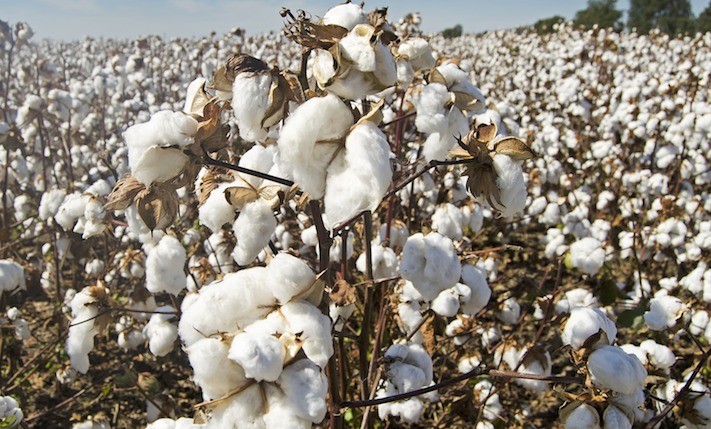Nigeria’s cotton and textile industry is on the brink of a remarkable revival, thanks to the federal government’s partnership with the International Cotton Advisory Committee (ICAC).
The aim of the collaborative effort is to create over 1.4 million jobs annually and develop key components of the cotton value chain—farming, weaving, ginning, and linking of cotton—fully consistent with the administration of President Bola Ahmed Tinubu’s industrialization agenda.
According to a post on the official X page of the Vice President’s activities, Vice President Kashim Shettima made the disclosure after meeting at the Presidential Villa in Abuja with an ICAC delegation led by Executive Director Mr. Eric Trachtenberg.
The vice president urged stakeholders to create a plan for reviving Nigeria’s cotton and textile industry while assuring the attendees that the administration will actively leverage opportunities in the cotton value chain to aid Nigeria’s re-entry into the ICAC.
Shettima appreciated ICAC’s dedication to the growth of the industry in Africa and thanked the delegation for coming. He also noted that “your diverse backgrounds in ICAC give a nuanced understanding of the complexities and opportunities in the cotton value chain.”
Lagos State Governor Babajide Sanwo-Olu praised the federal government’s initiatives to revitalize the cotton value chain, aiming to create jobs and drive economic transformation. He pledged his readiness to procure cotton from other parts of Nigeria for Lagos-based companies.
Imo State Governor Hope Uzodinma stated that the meeting was a component of Nigeria’s initiatives to revitalize the textile sector and promote economic expansion. He predicted that as the nation becomes more industrialized, Imo State and the Southeast will become integrated into the cotton and textile industries, generating more jobs.
The executive director of ICAC stated that the cotton value chain has enormous potential and is transformative, citing examples from China, India, Pakistan, and other countries.
He pointed out that textiles and cotton provide both economic transformation and a competitive edge. He stated that the ICAC will help Nigeria’s cotton value chain by providing professional guidance on raising the chain’s value and productivity and easing investment.
FG partners ICAC to revive cotton industry










